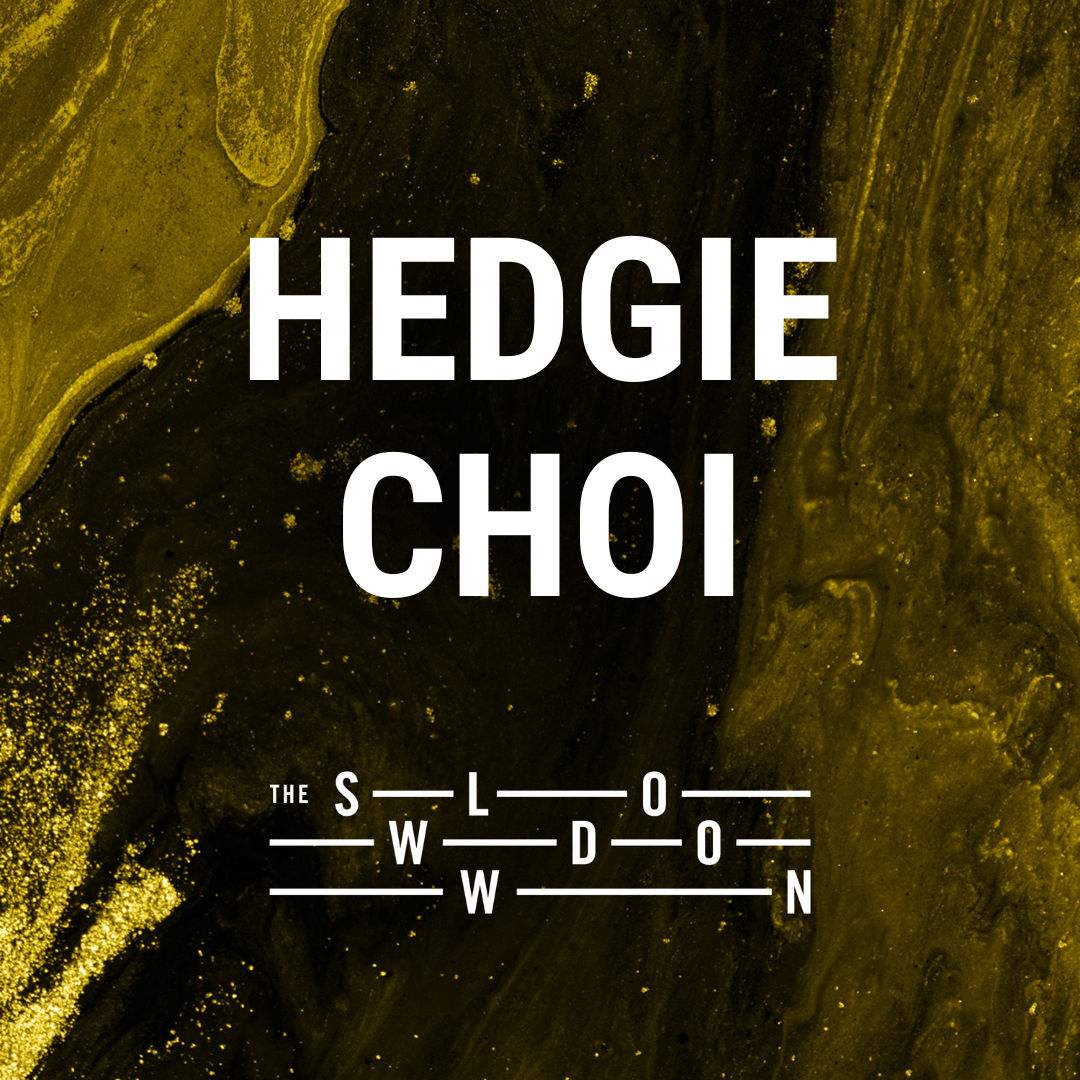1351: The Happy Middle by Hedgie Choi

1351: The Happy Middle by Hedgie Choi
TRANSCRIPT
I’m Maggie Smith and this is The Slowdown.
Over the past few months, I’ve found myself answering a lot of questions about AI. My most recent book, Dear Writer, is a craft book about creativity in general and writing specifically, so it wasn’t an unforeseen line of questioning. On podcasts and during audience Q&A’s after events, plenty of people wanted to know what I thought about the rise of artificial intelligence.
As you might imagine, I’m deeply concerned about the increasing use of AI in the classroom. Many of my friends who are writers are also teachers; many teach college or graduate school, and others teach high school. What I hear from these friends is that having to police students’ use of AI on what should be original work has taken a lot of the joy out of classroom teaching. Writing is thinking on the page. If you’re using artificial intelligence to write essays, poems, and stories, you’re outsourcing your thinking.
What I want as a reader and as a teacher is a different kind of AI: authentic intelligence, by which I mean genuine human intelligence. We can do things that generative AI cannot do, because we have experiences that AI cannot have. We can dream and imagine. We can second-guess ourselves, doubt, regret. We can hope and grieve.
Authentic intelligence is also emotional intelligence. Humans have a point of view because of what we’ve been through on this planet, and because of our relationships with others. I want to read writing from THAT place.
The poems I admire most and hold dear are the poems behind which I can sense a real human being. I trust that there is a real thinking, feeling person back there, behind the text, like the man behind the curtain in the Wizard of Oz. I trust in the singularity of their point of view even if I don’t always understand that point of view. Writing and reading build empathy for this reason, I think: we are invited into other worlds. We are invited, even encouraged, to consider the experiences and perspectives of others. We are sharing in someone else’s humanity when we spend time with their writing.
Today’s poem walloped me with its authentic intelligence. Even in her grief, this poem’s speaker envisions her situation from a different perspective. This poem imagines so artfully, I think you’ll want to revisit it a second time, and then a third. That is the power of authentic intelligence.
The Happy Middle
by Hedgie Choi
Light-years away you apologized but on my planet you had not yet hurt me I was living not in the happily ever after but the happy middle which is the living one though not the lasting one the one that is not counted the one that matters only to the one in the story the one inside the story who cannot hear it told for whom it is one continuous keening sound from which no words can be cleaved no meaning no moral sieved
"The Happy Middle" by Hedgie Choi from SALVAGE © 2025 Hedgie Choi. Reprinted by permission of the University of Wisconsin Press.


